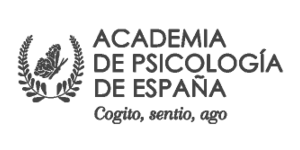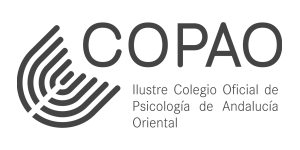Speaker

CARLO BUONANNO
ROME SCHOOL OF COGNITIVE PSYCHOTHERAPY (SPC). ITALY
Carlo Buonanno is a psychologist, cognitive-behavioral psychotherapist, and lecturer at the Association of Cognitive Psychology (APC) and the School of Cognitive Psychology (SPC). His research focuses on developmental psychopathology, with particular attention to externalizing disorders, dysfunctional personality traits, and the cognitive and emotional processes underlying disruptive behavior. He has published studies on the role of callous-unemotional traits, narcissism in childhood, and social dominance dynamics in aggressive behavior. Additionally, he has contributed to the dissemination of evidence-based interventions for the prevention and treatment of disruptive behavior disorders. He is the author of scientific articles and book chapters on topics such as childhood aggression, obsessive-compulsive disorder, and intervention strategies for mood and anxiety disorders in youth.
Personality and Psychopathology in Children and Adolescents: From Traits to Outcomes and Treatment Implications

Disruptive behavior disorders, including Oppositional Defiant Disorder (ODD) and Conduct Disorder (CD), are among the most common psychiatric diagnoses in youth. These conditions, with a global prevalence of 5.7% for any disruptive disorder, 3.6% for ODD, and 2.1% for CD (Karwatowska et al., 2020), pose significant social and economic burdens. Identifying psychological and environmental factors underlying their development is crucial for improving treatment strategies.
This symposium will explore cognitive, emotional, and personality-related factors contributing to externalizing problems in children and adolescents. One presentation will examine social dominance goals as key drivers of antisocial behavior, showing their role in triggering aggression and inhibiting prosocial tendencies. Another will focus on the relationship between narcissism, self-esteem, and externalizing problems in children, highlighting how gender moderates these associations. Findings suggest that narcissism is positively associated with externalizing problems, while self-esteem has a protective role.
Additional research will be discussed on callous-unemotional (CU) traits and moral reasoning in aggressive behavior among children with ADHD and ASD, revealing significant differences in parenting styles, CU traits, moral judgment, and externalizing behaviors. Lastly, updates on Coping Power Universal, a preventive intervention aimed at reducing externalizing problems in school settings, will be presented, including recent evidence supporting its efficacy and ongoing developments in its implementation.
These studies provide a deeper understanding of the cognitive and personality mechanisms underlying disruptive behaviors, offering valuable insights for targeted interventions aimed at preventing and mitigating long-term adverse outcomes.












